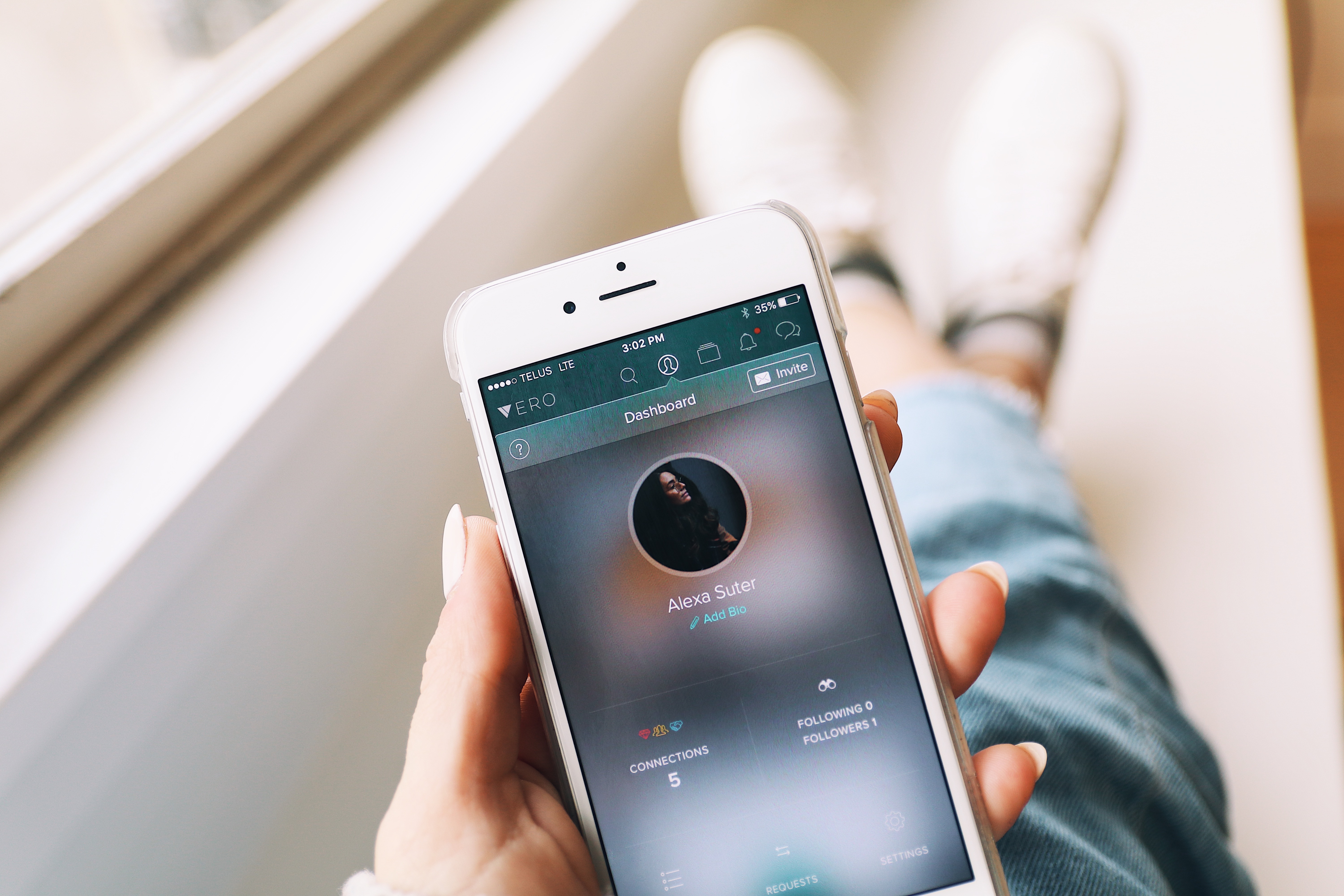You are here
Dating in the Internet World with Mental Illness
March 12, 2018
By Mike Thornsbury, MHA Board Member

Dating is tough.
It’s hard to find someone you click with, but it is even harder when you have an illness. A mental illness.
And online dating? Well, that brings up its own set of difficulties because when you meet someone online you aren’t really talking to them.
They are not able to see you or your personality. And I am not my illness. It is a part of me, but there is a whole lot more to me as a person.
So, how and when do you talk about your mental illness: before the first date or after your second? Perhaps you even wait for a third? Well, it depends.
But me? I tend to bring it up in the first conversation.
I don’t like to hide things and I like everything to be out in the open.
I know my approach is not for everyone. It can be scary and intimidating to a lot of people. But as someone that is very open and honest about my illness, I feel it is imperative to bring it up right away.
I am an advocate; in fact, my dating profiles mention I am an advocate.
But still it can be a tough subject to bring up. I really can’t just blurt it out from nowhere.
What part of the conversation you have gives an opening to bring this sort of thing up?
Of course, I don’t get a lot of answers back after mentioning it, especially when I explain that I have bipolar disorder, an anxiety disorder, and depression. I am dead in the water most of the time. I don’t get a whole lot of first dates.
So, how do you bring up your mental illness? When do you bring up your mental illness? On day one.
In the first conversation because if they can’t deal with it then they can’t deal with me — and why should I waste my time?
That said, some would argue you need to get to know the person first, and they need to get to know you, and I agree with part of that - at least to an extent.
You do need to know the person first but hiding your illness can make things worse in the long run.
They may think, “What else is he hiding or lying about?”
Besides, do you want to be left at the bar or table when they “go to the bathroom” after learning about it?
Make no mistake: some individuals are more understanding than others.
They “get it” or “totally understand” because they know someone with a mental illness.
Because they’ve dated someone else with a mental illness, and maybe they do.
But I’ve noticed that when I mention my bipolar disorder things change. The conversation changes, and that is because the very mention of bipolar brings up a whole host of stigmas.
Am I “bad” or crazy or violent? Am I going to hurt someone - especially them?
The answer is no.
My lows normally mean isolation, so having someone normally helps that. And my highs mean I want to go out and can be hyper sexual with a lot of PDA.
But violent? Violence is something that most with bipolar never exhibit (Not that it doesn’t happen, but statistics show that it is unlikely to happen).
More often you are going to deal with isolation on lows and sometimes highs.
So, when do you bring up your mental illness? How do you bring up your mental illness?
That is the question.
That is my dilemma.







Comments
I try to be open about the
Wed, 2018-03-28 11:08 — RobertI try to be open about the diagnosis and what that means for my behavior. When I meet new friends it is important for them to ask before any contact is made beyond a handshake. My ptsd often causes me to shut down without consensual contact. My biggest contact trigger tends to be a gentle touch to my left shoulder and often new friends want to touch, hug or make contact which can be terrifying for me. I find most women tend to be understanding while men are mixed with those having an issue being receptive and those without a challenge moving on.
I am very similar and this
Sat, 2018-09-22 23:15 — AI am very similar and this was very refreshing to read. This: "In the first conversation because if they can’t deal with it then they can’t deal with me — and why should I waste my time?" is exactly how I feel! No one should have to make the same adaptations that they make for work to socially adapt when starting an intimate partnership. That just exasperates symptoms associated with mental illness. I have complex PTSD, anxiety and some other co-morbidities that don't quite fit into any one diagnosis and are probably PTSD related. Even though there have been quite a few people who were eager to date me regardless who didn't know much about mental illness, I found it difficult to want to be with them.
Add new comment